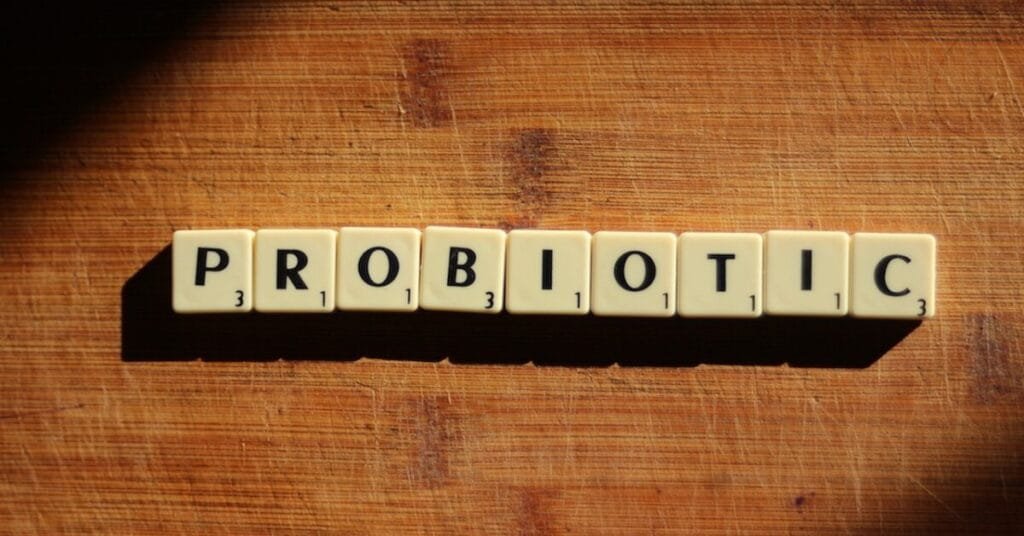Unmasking Nutrition Myths: Separating Fact from Fiction
When it comes to nutrition, misinformation is everywhere. From viral social media trends to celebrity-endorsed diets, the sheer volume of conflicting advice can leave even the most health-conscious individuals feeling overwhelmed. Nutrition myths—those widely accepted beliefs about food and health that lack scientific support—often spread rapidly, making it difficult to separate fact from fiction. Understanding how these myths originate and why they persist is crucial to making informed, evidence-based dietary choices.
Read the benefits of streptococcus thermophilus
Why Do Nutrition Myths Persist?
One of the primary drivers behind nutrition myths is the influence of popular culture. Celebrities and influencers, often with no formal background in health or science, endorse fad diets and supplements, leading to a bandwagon effect. When a well-known figure claims that cutting out carbs transformed their body or that a magical detox tea changed their life, people are inclined to believe them, even if scientific evidence suggests otherwise.
Social media, while an excellent tool for spreading information, also amplifies misinformation. Unverified claims, catchy slogans, and dramatic before-and-after photos make it easy for nutrition myths to take hold. Algorithms prioritize sensationalized content, making it more likely that dubious diet trends will reach a broad audience.
Anecdotal evidence further fuels these myths. People often share their personal experiences with certain diets, assuming that what worked for them must work for everyone. However, personal testimonies do not equate to scientific proof. Confirmation bias—the tendency to seek out information that aligns with preexisting beliefs—further reinforces these myths, making them difficult to dispel.
Additionally, human psychology plays a significant role in our susceptibility to nutrition myths. People are naturally drawn to simple solutions for complex health concerns, making quick fixes and miracle diets particularly appealing. The promise of effortless weight loss or a cure-all food can be far more enticing than the reality: a balanced diet and a sustainable lifestyle require effort and consistency.

Debunking Common Nutrition Myths
Let’s take a closer look at some of the most pervasive nutrition myths and uncover the truth behind them.
1. “Carbs Make You Gain Weight”
Carbohydrates have been unfairly demonized in recent years, with many diet trends advocating for their elimination. The truth is, carbohydrates are a vital source of energy. Weight gain occurs when overall calorie intake exceeds expenditure, not simply from eating carbs. Research published in the American Journal of Clinical Nutrition confirms that a well-balanced diet—including whole grains, fruits, and vegetables—can be part of a healthy weight management plan.
2. “Gluten Is Harmful for Everyone”
The gluten-free movement has gained traction, leading many to believe that avoiding gluten is essential for good health. While gluten can be problematic for individuals with celiac disease or gluten sensitivity, for the vast majority, it poses no harm. In fact, whole grains that contain gluten provide essential nutrients and fiber, which support digestive health and overall well-being. The Academy of Nutrition and Dietetics warns that unnecessarily eliminating gluten can lead to nutrient deficiencies.
3. “Detox Diets Cleanse Your Body”
From juice cleanses to detox teas, the idea that we need to “detox” our bodies is a persistent myth. The human body has its own highly efficient detoxification system, primarily managed by the liver and kidneys. According to the National Institutes of Health, there is no scientific evidence to support the need for detox diets. Instead, a diet rich in fruits, vegetables, and whole foods naturally supports the body’s detoxification processes.
See the YouTube video below here.
The Power of Evidence-Based Nutrition
To combat nutrition misinformation, it is essential to rely on evidence-based nutrition—an approach that prioritizes scientific research and clinical expertise over anecdotal claims and trendy diets. Unlike fads that come and go, evidence-based nutrition relies on rigorous studies and data to determine the real impact of dietary choices on health outcomes.
Registered dietitians and nutrition scientists are at the forefront of this effort. They translate complex scientific findings into practical, easy-to-understand advice, ensuring that the public receives accurate and actionable health information. Their expertise helps debunk myths and guides individuals toward sustainable and science-backed nutrition choices.
Do you know where is bacillus coagulans found
How to Navigate Nutrition Information Wisely
Given the overwhelming amount of nutrition advice available, it’s important to develop a critical approach to evaluating information. Here are some practical strategies to help separate fact from fiction:
1. Seek Credible Sources: Rely on reputable health organizations like the World Health Organization (WHO), Academy of Nutrition and Dietetics, and National Institutes of Health for trustworthy dietary recommendations.
2. Evaluate Scientific Studies: Not all research is created equal. When reading about a new diet trend, check if the claims are backed by peer-reviewed studies conducted on large, diverse populations using rigorous methodologies.
3. Consult Experts: Registered dietitians and certified nutritionists provide personalized, evidence-based guidance tailored to individual health needs. Consulting with a professional can help clarify misconceptions and create a sustainable nutrition plan.
4. Question Bold Claims: If a diet or supplement sounds too good to be true, it probably is. Be skeptical of promises of “instant weight loss” or “miracle foods.”
5. Stay Curious and Open-Minded: Nutrition science evolves, and staying informed requires a willingness to adapt to new, evidence-backed findings. Being open to learning helps in making informed, long-term health decisions.
Final Thoughts: The Importance of Science in Nutrition
In the age of information overload, separating nutrition myths from reality is more important than ever. While it’s easy to be swayed by popular trends, the best approach to health and wellness is rooted in science. By critically evaluating dietary claims, seeking expert advice, and relying on evidence-based research, individuals can make informed decisions that support their overall well-being.
Understanding nutrition isn’t about following the latest fad—it’s about embracing a balanced, sustainable approach to health. By dispelling myths and prioritizing facts, we can foster a more knowledgeable and health-conscious society.
To see other articles in Nutrition click here.




